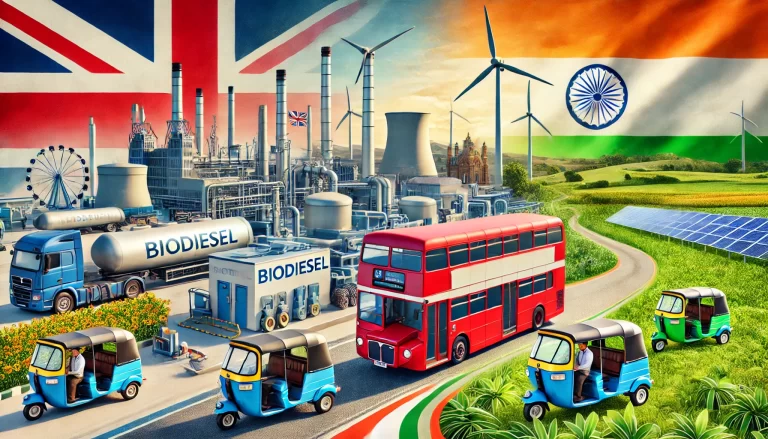
December 12, 2024
The UK Trade Remedies Agency (TRA) has initiated a transitional review of Indonesia’s countervailing measures on biodiesel. The measure, which was inherited from the…
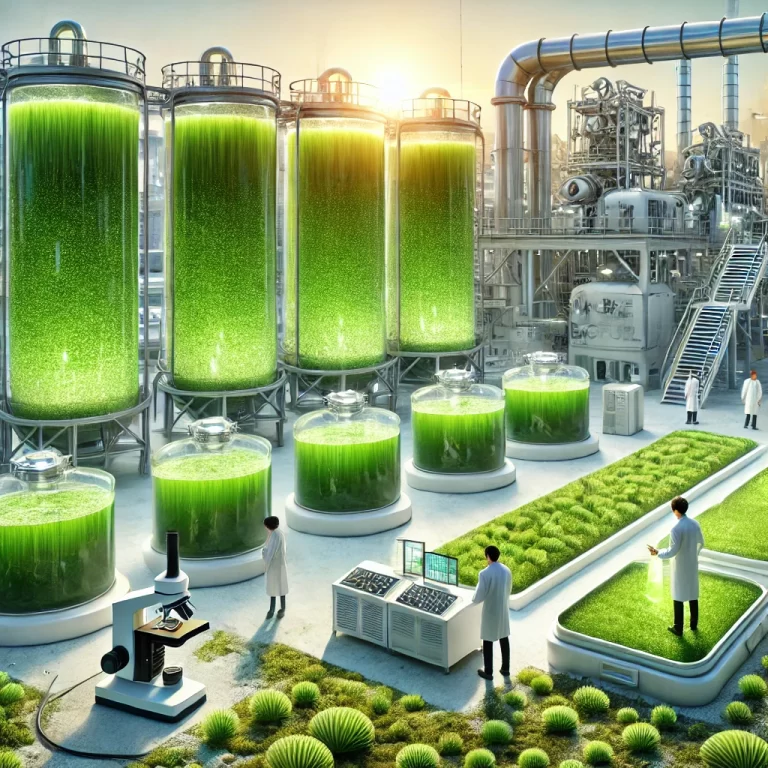
December 9, 2024
The Korea Times reports that HD Hyundai Oilbank’s biofuels business is achieving important milestones to meet increasingly sophisticated market demand. The refinery said it…

December 7, 2024
In Singapore, the shipping industry is increasingly using biofuels such as fatty acid methyl esters (FAME). However, concerns have arisen about the legality of…
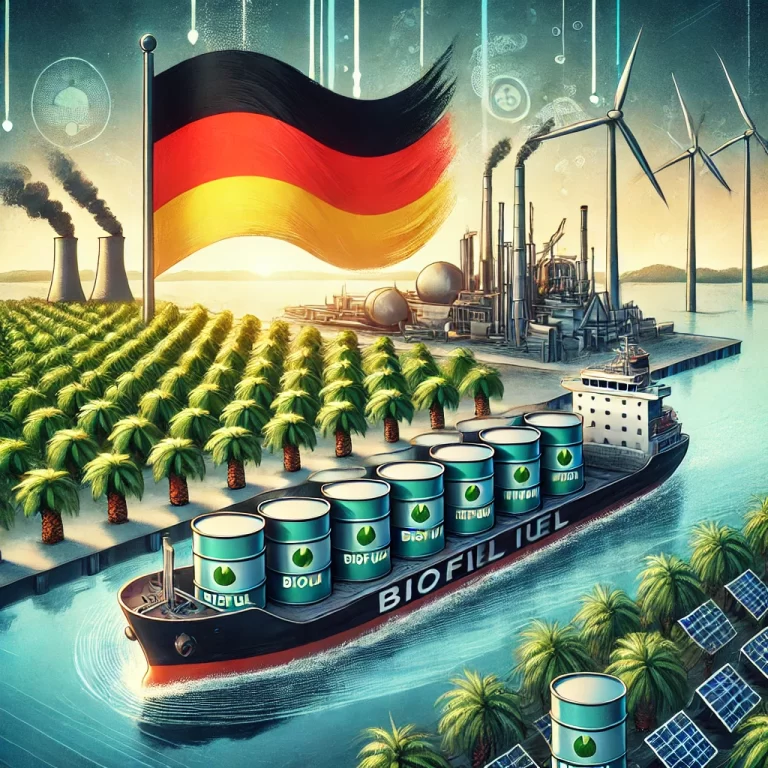
December 6, 2024
The German government is under pressure to stop imports of contaminated Chinese biofuels that threaten local industries. A loose coalition of German biofuel makers,…
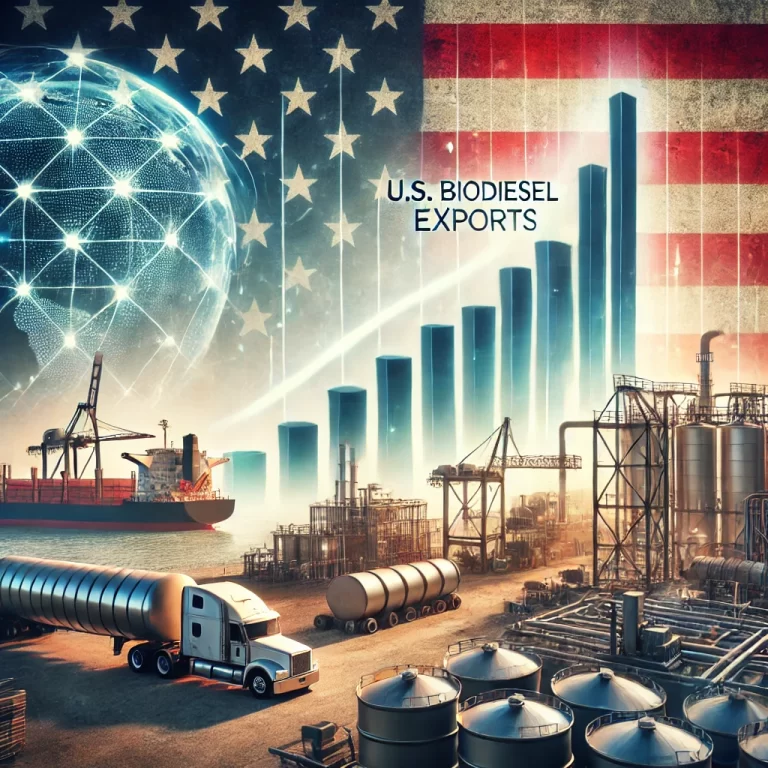
December 6, 2024
The US exported 18,718 metric tonnes of B30 or higher biodiesel and biodiesel blends in October, according to data released by the USDA’s Foreign…
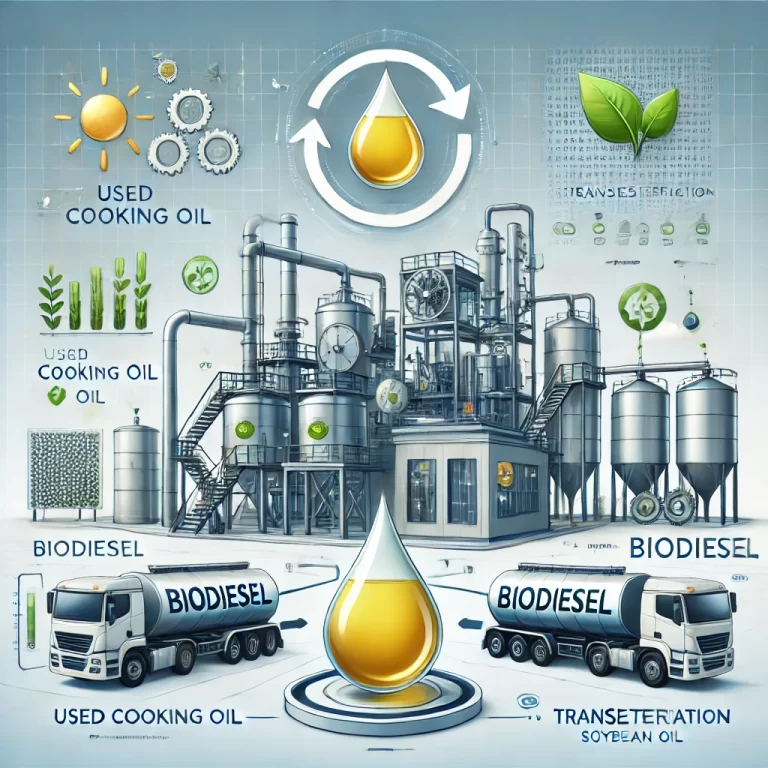
December 6, 2024
Congress must extend the long-term biodiesel blenders tax credit (BTC) in response to published reports that the U.S. Treasury and IRS are unlikely to…
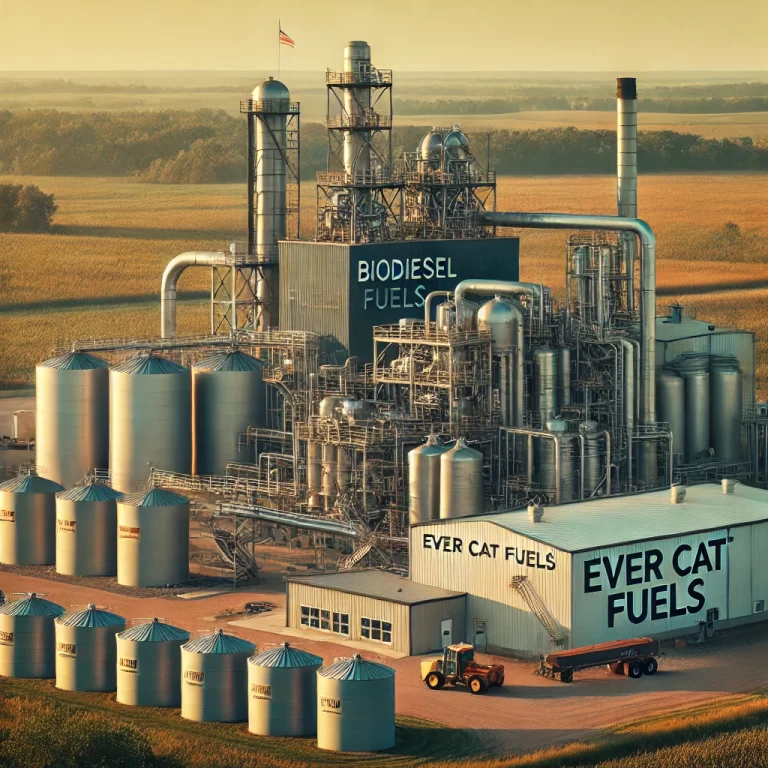
December 4, 2024
Ever Cat Fuels, a biodiesel producer headquartered in Isanti, Minnesota, USA, recently announced that it is shutting down all production activities and ceasing its…
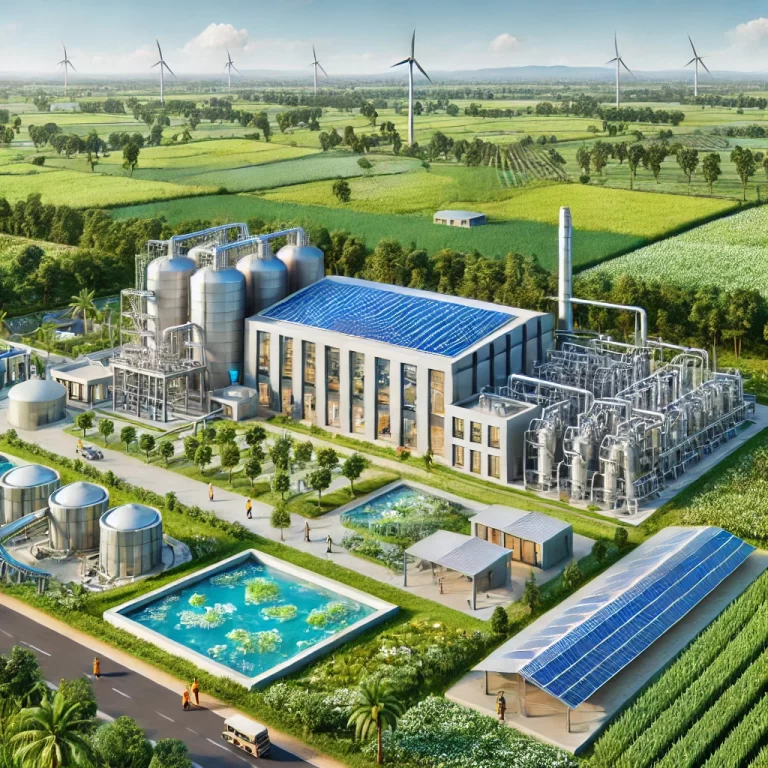
December 4, 2024
Aemetis Inc., a renewable natural gas and renewable fuels company specialising in low and negative carbon intensity products, today announced that its Indian subsidiary,…
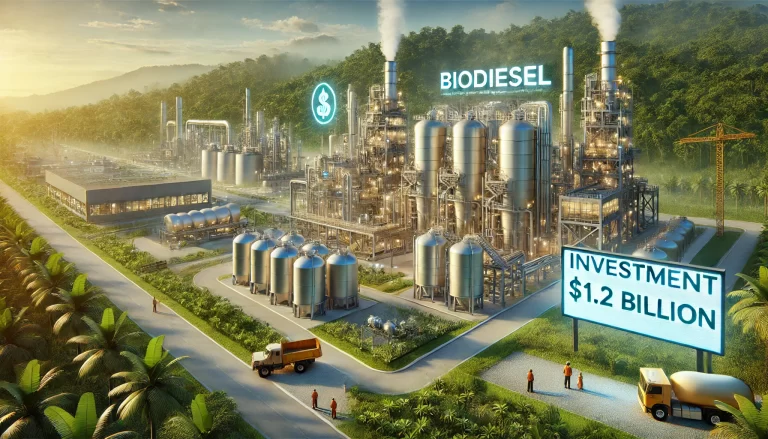
December 3, 2024
The Indonesian government plans to invest $1.2 billion in a methanol plant to serve the biodiesel industry. Currently, about 80 per cent of methanol…
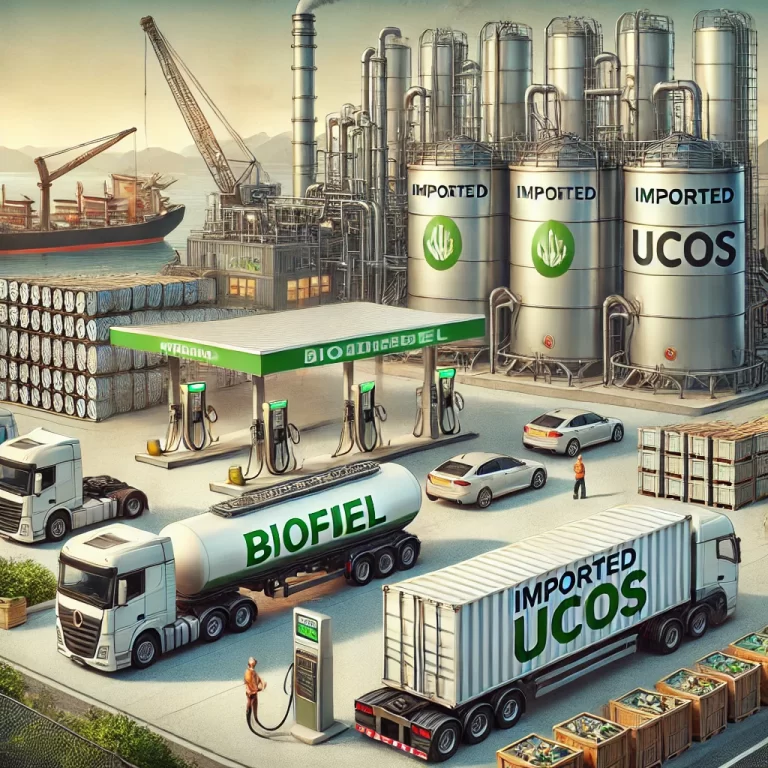
December 1, 2024
U.S. Senator Sherrod Brown (D-Ohio) has announced the introduction of a new bipartisan bill that would prohibit the use of taxpayer money to subsidise…










